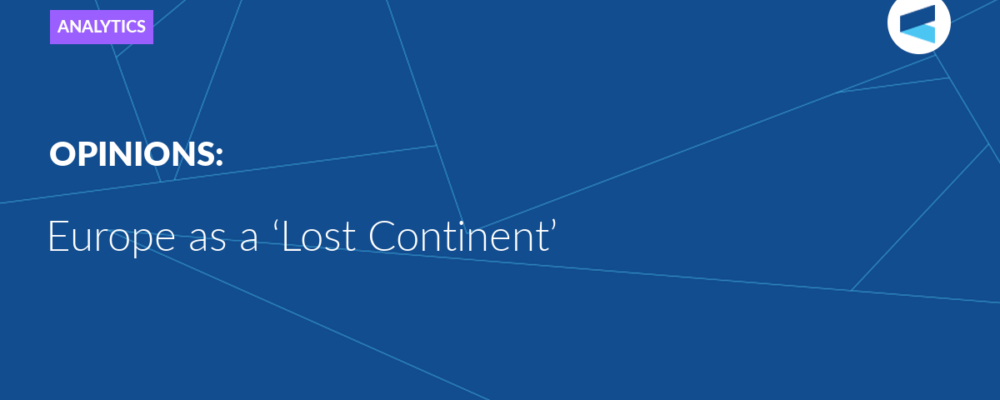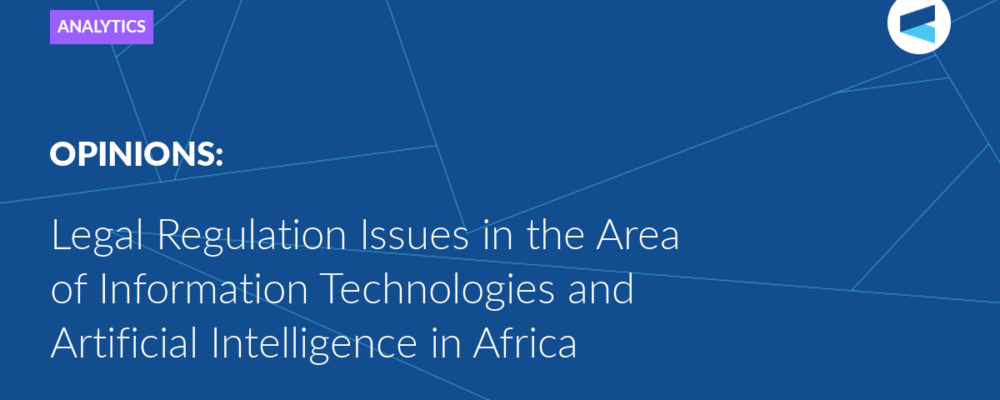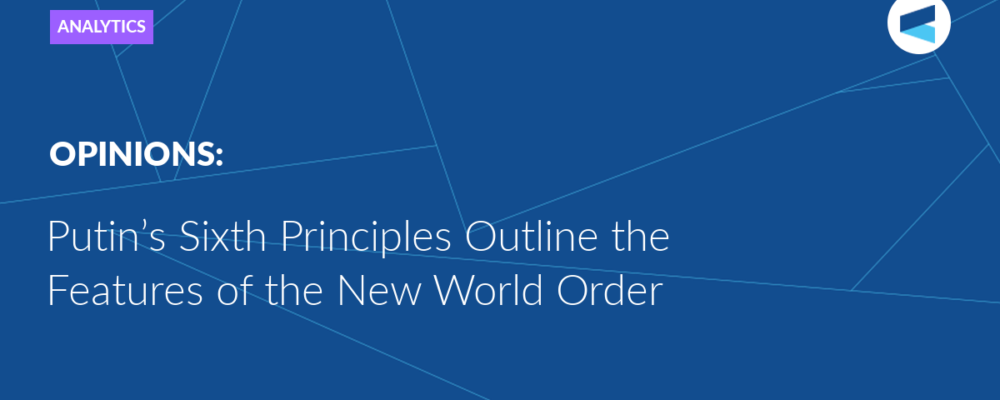President Donald Trump has made some intriguing headlines pointing towards the potential plan of the United States of America to take over the Gaza Strip, aiming to transform it into the “Riviera of the Middle East”. This plan involves relocating the Palestinian population, a move widely criticised as ethnic cleansing and a violation of international law. While the official statements and narratives speak of redevelopment and reconstruction, one can’t help but wonder about the nature of some underlying geopolitical interests with a country like the US, driven by realpolitik. For many, it seems to be all about supply chains and economics, as the implications of controlling the canals of the Middle East cannot be overlooked, especially given the greater Chinese presence in the region, writes Javairyah Kulthum Aatif. The author is a participant of the Valdai – New Generation project.
Critics assume that the “Riviera of Middle East” project is about the US vying for domination of the Suez Canal or potentially a covert policy that takes a step towards the Ben Gurion Canal project initiated by Israel to divert maritime trade in its favour. This route is also expected to pass through the Gaza Strip. The possibilities of either scenario under the Trump 2.0 presidency may not be as far-fetched as they may seem.
What seems like a humanitarian policy for Gaza may be a stepping stone towards a battle for the control of a maritime trade route. This redevelopment and reconstruction project can be used to justify US and Israeli military assets being stationed in the Gaza Strip to ‘secure’ the region and naturally give them direct access to the Ben Gurion Canal route. This plan is a process by which if Gaza is cleared, it removes the political and logistical obstacles; the initiators of this project may go as far as altering the demographics and infrastructure to pave the way for the canal. On the front of maritime politics, this redevelopment plan for Gaza, leading to the creation of the Ben Gurion Canal, will alter trade and maritime patterns away from the Suez.
Much of the world relies upon the Suez Canal, which handles almost 12% of global trade, connecting Europe, Asia, and the Americas. It also boasts of being a critical choke point for Gulf oil exports to Europe and North America, and China’s Belt and Road Initiative relies on this particular route. For Egypt, the Suez Canal is a strong national asset, which reliably generates 9-10 billion dollars annually. Hypothetically, if the US’s underlying strategic objectives are to control the canal for its geopolitical interests, it may need to draft some serious strategic manoeuvring and agreements with President Sisi, despite US-Egypt relations. Already the US provides Egypt military aid worth around 1.3 billion dollars annually, but a new deal could increase the aid in exchange for operational oversight of Suez, or even broker IMF-backed debt relief if Egypt grants that sort of influence over Suez. Egypt may even be coerced by the Red Sea security threats, given the recent fiasco of Houthi attacks disrupting maritime traffic. But let’s say these diplomatic overtures fail to convince Egypt, then certainly, the US could potentially disrupt the Suez’s revenue model by backing the Israel-led Ben Gurion Canal project. If Gaza’s reconstruction leads to the successful build-up of the Ben Gurion Canal, it will shrink Egypt’s dominance in maritime logistics.
US-China Competition and Canal Politics
Propping up the Ben Gurion Canal as a competitor to the Suez Canal would prove to be a scintillating phenomenon in the geopolitics of the Middle East. Today 60% of China’s exports to Europe pass through the Suez. Any shift in the control of Suez will impact China’s Belt and Road Initiative (BRI) investments. If the US manages to exert dominion over the Suez or promotes the Ben Gurion Canal, China could face higher transit fees, more US-controlled inspections, and potential trade slowdowns during geopolitical conflicts. China has noteworthy investments in Egypt’s Suez Economic Zone, with over 140 Chinese companies operating and contributing about 1.6 billion dollars in investments, along with the investments in Egypt’s Ain Sokhna Port. For China, the hyper-dominance of Washington on the Suez Canal will likely hamper its BRI projects in the region, even including those with Africa, and a US-backed Ben Gurion alternative would divert trade dynamics away from the usual routes. If the US gains influence over both Gaza and Suez, it dominates the global trade flows. However, China will not silently accept this; we can expect the Chinese to respond by negotiating with Israel or deepening its strategic ties with Egypt and Iran.
Historical Parallels: Cold War Naval Confrontations and Maritime Control
The US-China maritime power struggle over Suez and the potential Ben Gurion project resemble several instances from Cold War era confrontations. In 1956 the UK, Israel, and France attacked Egypt to take back control of the Suez, leading to a US-Soviet intervention. Today if the Ben Gurion project is completed with the US-Israel alliance, China could come through as a counterbalance, just as the Soviet Union did back then. In the 1970s and 1980s, the US sought control in the Arabian Sea and Indian Ocean to secure oil routes- in response the Soviets expanded their naval presence throughout Yemen and India to counterbalance. Today if the US aims to dominate Suez, China would potentially strike a deal with Israel, but if the US tries to sway maritime controls through Ben Gurion, China, like the Soviet Union would expand its naval presence in the Red Sea and Egypt.
Beyond Cold War examples, a living maritime show-down in the South China Sea is testament to how the waters of the Middle East will quickly start to simmer. Just as China has militarised and sought alliances in the South China Sea, the US has also made its counterbalancing moves by strengthening ties with India, the Philippines and other East Asian countries.
The Bigger Picture (Hypothetically)
Gaza’s reconstruction is a strategic cover leading to a brewing contestation in maritime control. Moreover, China will not accept a complete US-Israel domination, rather it will seek alternatives through diplomacy. Furthermore, Egypt’s decision-making will determine the balance of power between the US and China, and if the Ben Gurion dream is achieved, it will become a turning point in global trade patterns. With all these speculations, many questions remain: How will regional players like Saudi Arabia and UAE position themselves on this chessboard? Will China consider military expansion or solely rely on economics and diplomacy? And last but not least, what other global crisis will force unexpected shifts, when a frail ceasefire was signed just recently?
The Valdai Discussion Club was established in 2004. It is named after Lake Valdai, which is located close to Veliky Novgorod, where the Club’s first meeting took place.
Please visit the firm link to site






